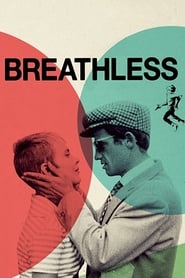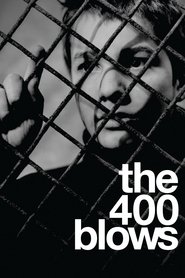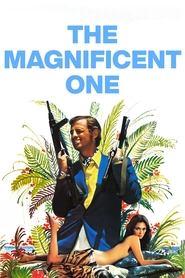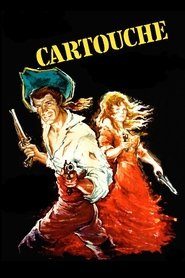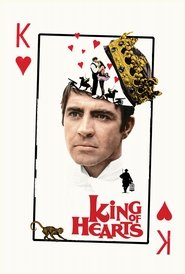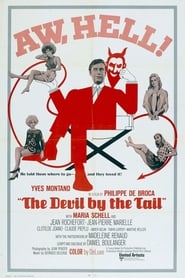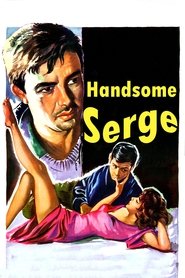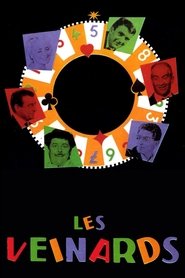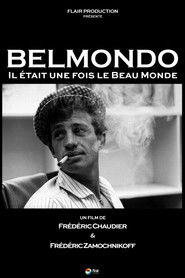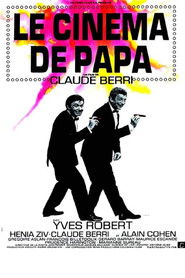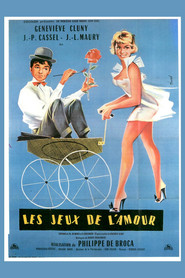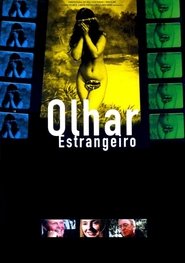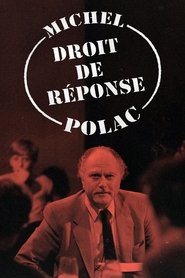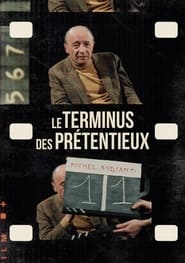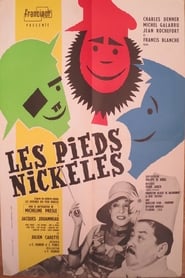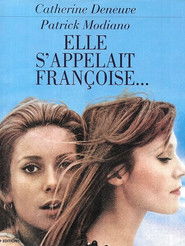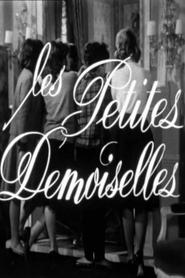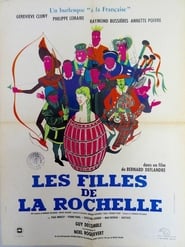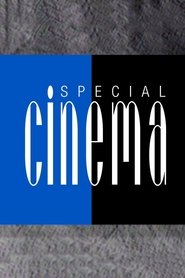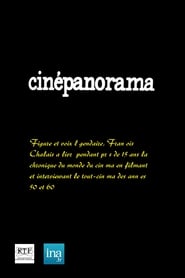Philippe de Broca
Philippe de Broca (15 March 1933 – 26 November 2004) was a French movie director. He directed 30 full-length feature films, including the highly successful That Man from Rio (L'Homme de Rio), The Man from Acapulco (Le Magnifique) and On Guard (Le Bossu). His works include historical, romantic epics such as Chouans! and King of Hearts (Le Roi de cœur), as well as comedies with a charismatic, breezy hero ready to embark upon any adventure which comes his way, so long as it means escaping everyday modern life: Practice Makes Perfect (Le Cavaleur), The Devil by the Tail (Le Diable par la queue), The African (L'Africain). He had links with the actor Jean-Paul Belmondo, with whom he made six films, as well as with Jean-Pierre Cassel, Philippe Noiret and Jean Rochefort. Philippe de Broca was born on 15 March 1933 in Paris, France. He was the son of a cinema set designer and the grandson of a well-known painter, Philippe de Broca. He studied at the Paris Photography and Cinematography School (école Vaugirard), graduating in 1953. He carried out his military service with the service cinématographique des armées (army film service) in Germany and then in Algeria, directing or acting as head cameraman on short films. Greatly affected by the war he witnessed, he vowed to show life in its best light in his future films “because laughter is the best defence against upsets in life”. After his discharge from the military, he set off on a journey taking in the length of Africa in Berliet trucks before returning to Paris. He began working as an intern with Henri Decoin, before finding assistant positions with Claude Chabrol: Bitter Reunion (Le Beau Serge), The Cousins (Les Cousins), Web of Passion (À Double Tour), François Truffaut: The 400 Blows (Les 400 Coups) and Pierre Schoendoerffer: Ramuntcho. In 1959, Claude Chabrol produced de Broca's first film for him, The Love Game (Les jeux de l’amour) with Jean-Pierre Cassel. De Broca went on to work with Cassel again in The Joker (Le Farceur, 1960), Five Day Lover (L’Amant de cinq jours, 1961), and Male Companion (Un Monsieur de Compagnie, 1964). De Broca's first commercial success came with Swords of Blood (Cartouche), filmed in 1962. This film also saw two more names become associated with de Broca: the actor Jean-Paul Belmondo and the producer Alexandre Mnouchkine. International acclaim came with That Man from Rio (L'Homme de Rio) in 1964, Up to His Ears (Les tribulations d'un Chinois en Chine) in 1965, The Man from Acapulco (Le Magnifique) in 1973 and Incorrigible (L'Incorrigible) in 1975. In 1966, he co-wrote, directed and produced King of Hearts (Le Roi de Cœur). This parody of the Great War, which some cinema-lovers consider his masterpiece, was a commercial and personal failure, to de Broca's dismay. Yet it eventually achieved genuine cult-film status during the mid 1970s when it was presented in repertory movie theaters as well as non-theatrical college and university film series across the United States, eventually running for five years at the now defunct film house, the Central Square Cinemas in Cambridge, Massachusetts. ... Source: Article "Philippe de Broca" from Wikipedia in English, licensed under CC-BY-SA 3.0.
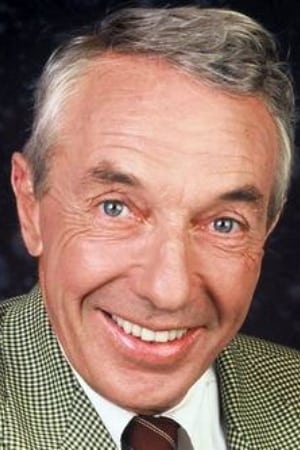
Breathless
as A Journalist (uncredited)A small-time thief steals a car and impulsively murders a motorcycle policeman. Wanted by the...
Movie pageThe 400 Blows
as Man in Funfair (uncredited)For young Parisian boy Antoine Doinel, life is one difficult situation after another. Surrounded...
Movie pageThe Magnificent One
as Second Plumber (uncredited)A writer of pulpy book series in which he's the hero and his beautiful English roommate is the...
Movie pageCartouche
as L'homme qui crie 'les aristocrates à la lanterne'In the 18th century, Louis de Bourguignon is working with the Malichot's gang, but their ways...
Movie pageKing of Hearts
as Adolf HitlerAn ornithologist mistaken for an explosives expert is sent alone into a small French town during...
Movie pageThe Devil by the Tail
as Un passant suédoisIn this comedy, a run-down hotel drums up customers by sabotaging passing cars. The stuck...
Movie pageHandsome Serge
as Jacques Rivette de la ChasubleAfter long absence, a man returns to his hometown only to find his best friend has become an...
Movie pagePeople in Luck
as Le passant qui reçoit l'affiche (« Une nuit avec la vedette »)A light French comedy of 5 segments.
Movie pageLe Cinema de Papa
as Jean TimentClaude Berri plays himself as he relates his own experiences through youth and adolescence. His...
Movie pageThe Love Game
as L'homme au cabaret Le Bateau MoucheVictor (Jean-Pierre Cassel) and Suzanne (Genevieve Cluny) are a couple at odds about commitment...
Movie pageThe Foreign Eye
as SelfFantasies and clichés about Brazil and Brazilians as reinforced by international films, even...
Movie pageDroit de Réponse
as Self"Droit de Réponse" (Right of Reply) is a French debate program broadcast between December 12,...
Movie pageLe Terminus des prétentieux
as Self (archive footage)This year, Michel Audiard would have turned 100. To celebrate the life and work of the French...
Movie pageLes pieds nickelés
as le chauffeur de taxiThree tramps in search of adventure and fortune decide to try their luck at swindling. After an...
Movie pageElle s'appelait Françoise
as SelfFrançoise Dorléac et Catherine Deneuve were nearly twins. Only 18 months separated these sisters...
Movie pageThe Little Misses
as Le timideFour young girls' love of boys put their newly opened all-services company in peril.
Movie pageThe Girls of La Rochelle
as uncreditedJuly 13, 1389. On the initiative of the Mayor, warned by a famous astrologer, the town of La...
Movie pageLes Rendez-vous du dimanche
as SelfA talk show presented by Michel Drucker
TV Show page